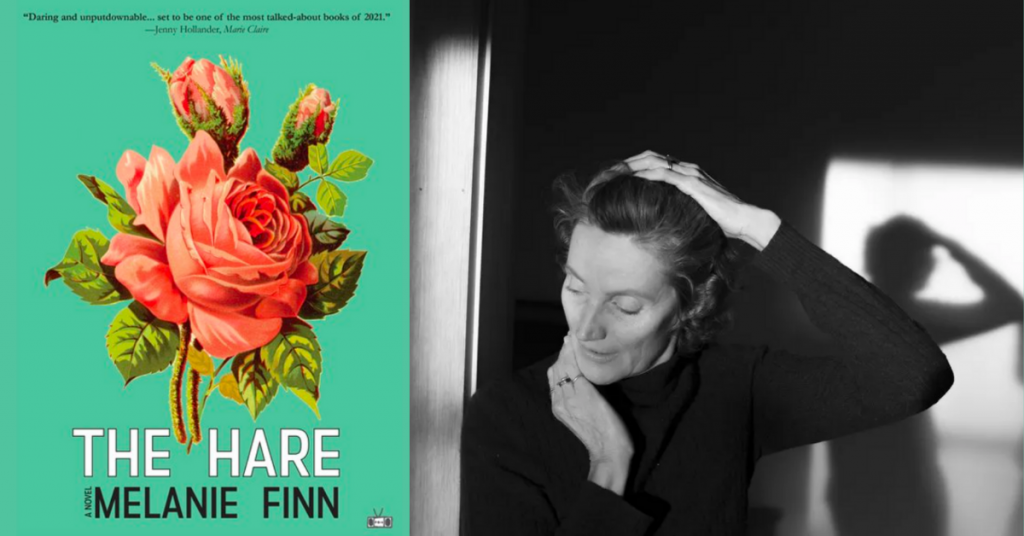Illusions made use of the relationship between the imagination and deeply instinctual emotions like fear and desire. People saw what they wanted to see or what they dreaded seeing. Find out what moves a man, Squamiset said, and his own mind will do the work. – Will Poole’s Island by Tim Weed
In our conversation with Tim Weed, Squamiset’s words as shared in the author’s book Will Poole’s Island (Green Writer’s Press, 2021) appear to mirror Weed’s own approach to fiction.
We are speaking over Zoom to Tim Weed as behind him a window of sunlight illuminates a view of what looks to be a Vermont dirt road that winds through a maze of assorted evergreen trees. Weed is talking about his work—which includes writing, teaching, and guiding travel groups into Spanish speaking countries.
A recurring theme in both Weed’s work and our conversation is the exploration of place, internal and external. In his writing process, place for Weed appears to be the start, the bridge, the point from which he creates the illusion of fiction through squinting away past realities so that “suddenly these black marks on the white page become the vivid and continuous dream of fiction,” he explains, referencing John Gardner’s work, On Becoming a Novelist.
To illustrate his point, Weed points to Will Poole’s Island. The idea behind that novel and the writing of it, says Weed, began for him with place.
“I tend to start with place and a vision of place,” he explains of his fiction.
In the case of Will Poole’s Island, that initial vision included a boy being thrown into the bottom of a canoe in 17th century New England and who then made his way up the Connecticut River. Based on that vision, Weed then wrote a story about a character Will Poole who takes a journey alongside a shaman, the Native American Squamiset, as together they evade capture by white colonists.
Bearing in mind Weed’s own suggestion that good illusion provides observers what they seek, we came away from Weed’s latest book seeing the important role that imagination plays in turning vision into perceived reality.
In our reading of Weed’s book, Squamiset becomes the personification of fiction’s perhaps most magical quality: the ability to transform a vision into an alternative reality that speaks truth. Through the visions Squamiset conjures up, we see a man able to defend against his adversaries by creating images that only they believe to be real.
“(Squamiset’s) magic comes from that ability that we all possess, which is part of the human imagination,” explains Weed, supporting our own past interpretation of his work. “Human beings, we are creatures of the imagination. That’s maybe one of the things that sets us apart, maybe. When we tell stories and we give each other vivid imagery—we describe a place, we describe an object—it comes alive in the mind of the listener or our reader.”
To further illustrate this point, Weed—an avid fly fisher and also author of the collection of stories, A Field Guide to Murder & Fly Fishing (Green Writers Press, 2017)—uses the metaphor of a fly cast on the surface of a body of water.
“When a trout sees a fly on the water it’s just a couple of feathers and maybe an elk hair but the trout sees in clear detail exactly the vision of exactly the bug that it is looking for. It’s amazing. It’s gestalt,” he sees.
But then, as we continue to talk with Weed, the conversation turns, and we begin to understand that for Weed the dream is not enough. To Weed, place may mark where the dream of his fiction begins, but study and practice are essential to make any dream become real.
For us, Will Poole’s Island seems then to support what Weed now suggests. Will may have been born with Squamiset’s nascent gift to create illusion, but not until the end of the novel, after Will has studied and observed Squamiset’s skills, is Will able to use that gift to evoke in his pursuers emotions like fear and desire. Vision and imagination are not enough. Practice and study are required to make the story feel true.
To elucidate his writing process for us, Weed shares an anecdote he once heard about the film director Ingmar Bergman.
“Someone asked him: ‘So how would you describe your process?’ And he said: ‘Well, I throw a spear into the darkness. That is intuition. Then I must send an army out into the darkness to retrieve that spear. That is intellect.’ That to me is the essence of being a novelist. You need to have intuition; you need to be able to throw a spear out into the darkness, create a first draft, and then immerse yourself into subsequent drafts.”
In teaching students about writing, Weed says he focuses on revision in the classes he leads at the low-residency writing program at Newport MFA; the Boston writing program Grub Street; and now at a company called The Skills.
Only through study and revision, he suggests, can the writer take their vivid dream and make it alive for the reader.
“That’s why we study the craft,” Weed explains. “My teaching philosophy is to work on that analytical side. All of my classes are very much textually engaged, looking at the novels of writers I admire. Breaking them down. How does this work? How is this working in terms of dialogue, in terms of dramatic structure? How are scenes working?”
That same approach seems to be evident in Weed’s evolution as a writer. Reading may have led Weed as a young boy to want to become a writer as he sought out “the kind of transportation one gets from being immersed in a world,” but study and practice is what made him become a better writer.
“The way to get better as a writer is, yes, to write but to read like a writer and break down what it is—whether dialogue or descriptions. Notice what you’re reading and look at it analytically.”
And after the close of our conversation, we also come to see that only after long and careful observation did Will Poole learn to make dreams into a perceived reality under the tutelage of Squamiset.
After all, for Weed—whether writing, teaching, or guiding—all are a part of the journey that begins with a vision of place and that, when embarked upon with intuition and intellect, transforms into a reality that can move another man (or in our case a woman) so that, in the end, the mind does the work to realize a vivid and continuous dream.
At least, that is what we glean from author, teacher, and travel guide Tim Weed, and also what we perceive.




